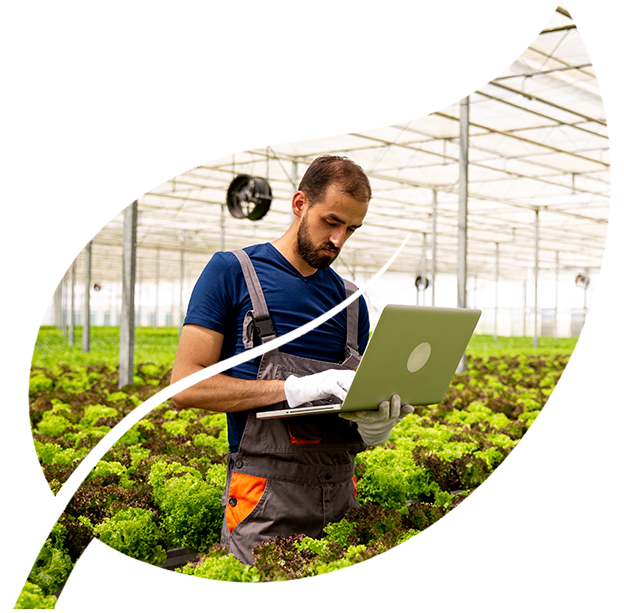
Grace Breeding is an agro-tech company focused on developing sustainable, efficient biofertilizers, biostimulants, and climate stress relief products for farmers and agricultural-product distributors. With climate change putting the agricultural industry under intensified pressure, Grace Breeding is bringing to market products that remove carbon from the agricultural supply chain.
At the same time, our products are designed to improve crop economics—specifically by improving yields and crop health while enhancing the overall resilience of fruits, grains, and legumes alike. Now is the time to replace conventional solutions (which typically contain urea) by harnessing the power of biological-based compounds and naturally occurring bacteria.
When farmers reduce their dependence on urea, they also limit their exposure to price and availability volatility.
Grace Breeding’s new range of biofertilizer solutions makes this long-awaited shift possible.

Use of excess synthetic fertilizer leads to water pollution. In the U.S., agricultural runoff is a significant source of nitrogen and phosphorus pollution, with 87% of water bodies surveyed indicating levels above the recommended limit (EPA, 2021).

Over-dependence on synthetic fertilizers leads to nutrient imbalances and soil degradation. In India, long-term use of chemical fertilizers caused a decline in soil organic carbon, affecting soil fertility (Pandey et al., 2018).

Synthetic fertilizer production is notoriously energy-intensive. The nitrogen fertilizer industry emits around 115 million tons of carbon dioxide every year worldwide (Haberl et al., 2021).

Excessive synthetic fertilization often leads to biodiversity loss. A study in grassland ecosystems found that over-use of high nitrogen fertilizer reduced plant species diversity by 16% (Stevens, 2004).

Nitrate contamination from synthetic fertilizers poses risks. In the U.S. alone, around 2.4 million people are thought to be exposed to nitrate-contaminated drinking water, increasing the risk of health issues (Knobeloch, 2000).
With products like Maoz™, ProMagen™ and ClimaAid™, Grace Breeding is helping farmers around the world to achieve all the above while increasing yields and profits.
Finally, you can achieve your environmental and sustainability targets without needing to sacrifice your margins. Just get in touch to learn more about our product line and identify your local distributor.
Copyright © 2023. All rights reserved. by Grace Breeding Ltd.
Website by ShayAtik